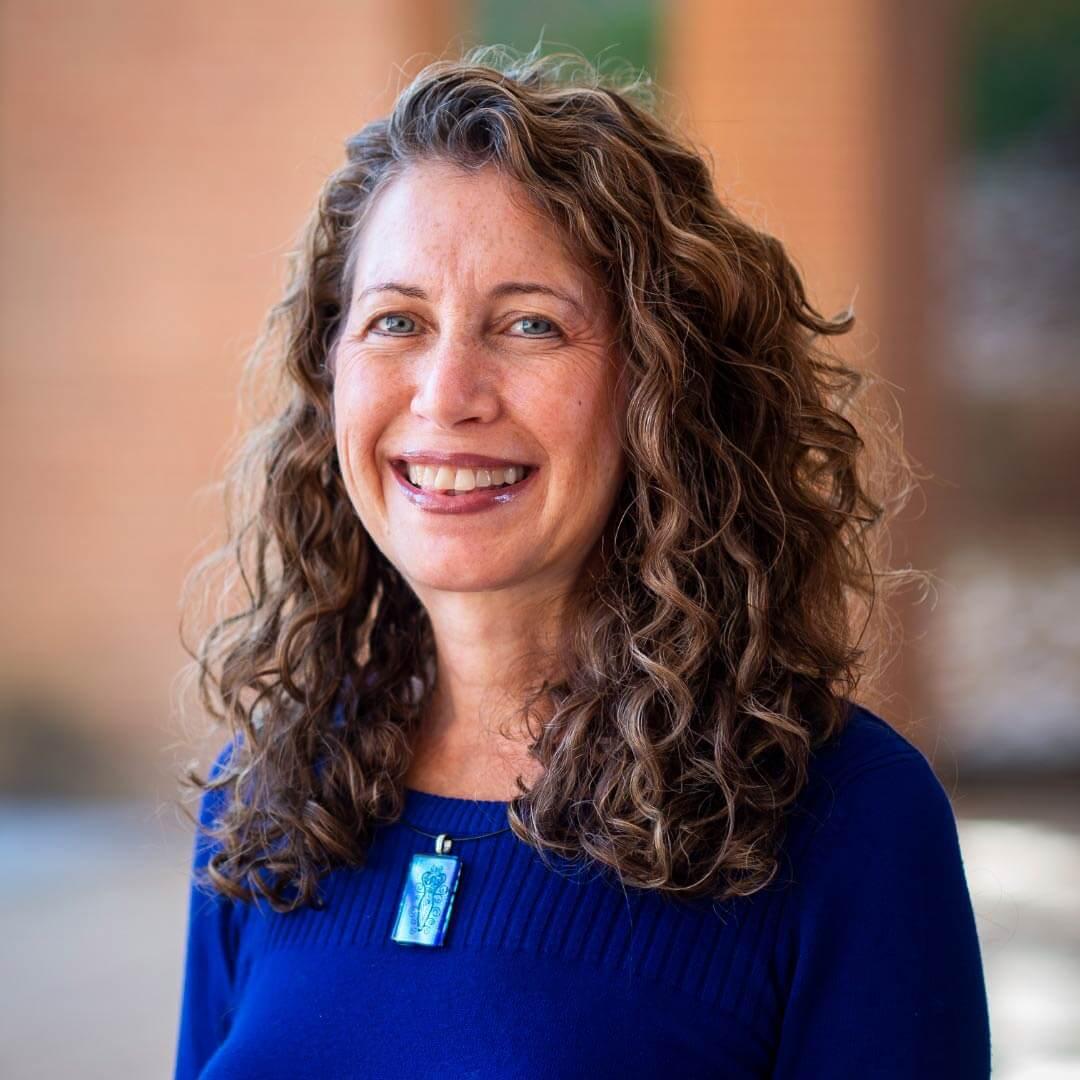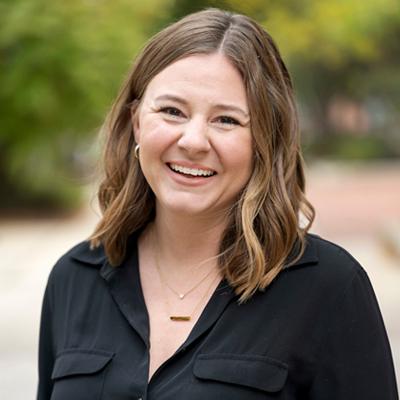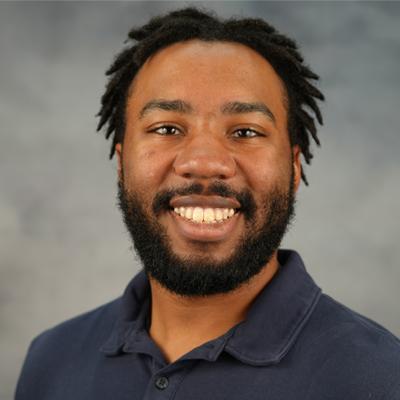Global Public Health
Inspiring future global health advocates to center justice and equity worldwide
Introduction
As the recent pandemics of COVID-19 and H1N1 influenza have shown all too starkly, health issues transcend country boundaries and can affect all aspects of society, from economic development to political stability to national security.
Global Public Health (GPH) explores the connections between health, culture, economic development and environmental sustainability while advocating for health equity worldwide.
Through class discussions, group projects and lectures from guest speakers, students:
- Learn about the range of health problems that cross borders;
- Consider the ways in which cultural and social issues affect a population's overall health; and
- Analyze the major public health approaches, and challenges, to reducing global health inequalities.
With careers in global public health experiencing tremendous growth, interdisciplinary training and collaboration in these areas is more important than ever. Students therefore are exposed to a wide swath of global public health issues, including health inequalities, nutrition, maternal and child health, infectious disease, noncommunicable disease and environmental health.
GPH offers students from all majors opportunities to connect what they're learning with their future career goals. The program may be of particular interest to those interested in health education and policy, the health professions, global development, research and service.
Colloquium and Lecture Topics
- The Sustainable Development Goals (SDGs) and global health
- Global health through the lens of local action
- Maternal, child and family health in global contexts
- Social determinants of health
- Ethics, economics and human rights
- Global health “players” (e.g., multilateral and bilateral aid organizations, private foundations, national governments, UN agencies)
Because of GPH, I could access opportunities I would never have imagined, such as working at the Center of Vaccine Development and going on to aid in the COVID-19 vaccine trials. I greatly appreciate the community that I was able to form with my peers and the valuable professional mentorship I received from my instructors, as I know it has positively impacted my career trajectory.
Other Learning Opportunities
Students in GPH enjoy multiple opportunities to apply what they learn in the classroom to the world around them. Thinking globally and acting locally, students will:
- Interact with leading experts in the field of public health, both domestic and international;
- Participate in service-learning activities such as Global Handwashing Day at the Center for Young Children; and
- Enjoy unique opportunities to get involved in research teams, such as the PHAB Lab.
Finally, students directly engage with public health organizations and community-based health agencies through internships, research and service-learning. Past practicum opportunities have included:
- Internships at government organizations such as the U.S. Food and Drug Administration, U.S. and the Centers for Disease Control and Prevention;
- Service-learning projects in hospital, education, and mental health care settings;
- Research in labs studying a variety of topics such as vaccinations, pesticides and RNA; and
- Support of community health work in Peru, Sierra Leone, and India, through the GPH-associated student organization, Public Health Beyond Borders.
Curriculum Overview
The GPH curriculum builds global public health proficiency through a series of cohesive learning modules that apply foundational concepts to current public health concerns as they unfold within real-world contexts. The GPH curriculum makes use of interdisciplinary frameworks, such as Social Ecological Theory and the Life Course Health Development Perspective, to facilitate identification and investigation of social determinants of health within a global arena. Innovation and entrepreneurship are emphasized throughout the curriculum with emphasis on sustainable, community-based programs and interventions and attention to social marketing and grassroots initiatives.
Your GPH required courses, and in most cases your supporting courses, will fulfill General Education requirements. Note that your Scholars courses—colloquiums, practicum, supporting courses or global experiences—will generally be in addition to any courses you take to satisfy major requirements.
The following table represents a typical two-year curriculum, but individual schedules may vary. Details about courses and requirements can be found on the GPH Citation Checklist.
| SEMESTER | COURSE | CREDITS |
|---|---|---|
| Semester 1 | CPGH 100: Colloquium I | 1 credit |
| FMSC110S: Families and Global Health (DSHS, DVCC) | 3 credits | |
| Semester 2 | CPGH 101: Colloquium II | 1 credit |
| Semester 3 | CPGH 200: Colloquium III (DSSP) | 1 credit |
| Semester 4 | CPGH 230: Internship; or CPGH 240: Service-Learning; or CPGH 250: Research; or CPGH 270: Education Abroad |
1-3 credit |
| Semester 1, 2, 3, or 4 | Supporting Course (var. Gen Ed) Supporting Course (var. Gen Ed) |
3 credits 3 credits |
*These courses meet one or more general education requirements.
Sponsoring College
Office Address
1213 Centreville Hall
Office Phone
Faculty




News and Notes, Etc.
Global Public Health News
6 Scholars Alums Selected to Serve as Spring Commencement Senior Marshals
The University of Maryland has announced its senior marshals for Spring Commencement, slated for Friday, May 20. Six College Park Scholars alumni number among the 60 graduating seniors serving as marshals:
4 Graduating Scholars Alums Recognized With Prestigious University Awards
Four Scholars alumni are among the handful of graduating seniors recognized this month with some of the University of Maryland’s most prestigious awards. Gabriela Winter, an alum of the Public Leadership Scholars program, received the Wilson H. Elkins Citizenship Awards, presented each year to one of the top students in the graduating class who has displayed outstanding involvement and leadership in campus activities.
GPH Director Receives Award for Excellence in Undergraduate Teaching
Dr. Lis Maring (middle), director of the Global Public Health Scholars program, poses with Dean William Cohen, associate provost and dean for Undergraduate Studies, and Samantha Miller, one of the students who nominated her for the Donna B. Hamilton Teaching Award for Excellence in Undergraduate Studies. PHOTO: Thai Nguyen Dr.
3 Scholars Alumni Named Merrill Presidential Scholars
Three College Park Scholars alumni were among the 19 Philip Merrill Presidential Scholars named by the University of Maryland (UMD) this past week: Sam Varga, Science, Discovery and the Universe Scholars Rina Torchinsky, Science, Technology and Society Scholars Selena Cen, Global Public Health Scholars Merrill Scholars, which are selected by the academic college and schools with undergraduate major programs, annually honors the university’s most successful seniors and their designated university faculty and K–12 teachers for their mentorship.
In-Person Service Day Relaunches With Enthusiasm
Kids bent over boxes of school supplies. Tubs of tomatoes, picked fresh off the vine. College students clad in waders, waist-deep in pond water. These were just a few of the scenes witnessed during College Park Scholars’ annual Service Day, which took place on Friday, Aug. 27, this year.


